The book begins by providing a brief history and overview of social scientific analysis of the Old Testament, to bring the reader up to speed with the current scholarship. The remaining chapters are divided into three parts. The first part of the book, chapters 3-9, apply social scientific models to general issues in Old Testament research, issues such as tribalism, polygamy, rituals and in particular sacrifice, the practice of exchange and the acquisition of wealth in the biblical world.
Three models of patron and client, limited wealth, and honour and shame are used. The second part, chapters 10-16, apply social-scientific models to particular texts, including Micah 1-3 and Micah 6: 9-15 on economic states, the use of euphemisms for male genetalia in Deuteronomy 25: 11-12 using cross cultural sociolinguistc research, the sacrifice of Jephthah’s daughter is examined in an honour and shame framework,
examining Judges 10 to 11, and in 2 Samuels 10-13, the social dynamic of challenge and response is examined in relation to David’s sacking of Rabbah. Chapter 14 looks at Ezekiel and the call to be a prophet, and uses the social scientific disciplines of cultural anthropology and cognitive neuroscience to analyse the call, to better understand and appreciate this event. Symbols of war are examined in the final chapter in this part, in Maccabees 1, applying anthropological theories of war.
The third part of the book, chapters 18-20, focuses on hermeneutical issues, looking first at psychological interpretations, then identity theory and political interpretations and finally at the role of social sciences as a whole in biblical interpretation. Philip F. Esler is Professor of Biblical Criticism in the University of St Andrews, St Andrews, Scotland, UK.
Among his recent publications are Galatians (1998), Conflict and Identity in Romans: The Social Setting of Paul’s Letter (2003) and, with Jane Boyd, Visuality and Biblical Text: Interpreting Velazquez’ Christ with Martha and Mary as a Test Case (2004). He is also editor of The Early Christian World, two volumes (2000).


![Analytics, Policy, and Governance [Paperback]](https://booksandbook.com/wp-content/uploads/2023/11/Analytics-Policy-and-Governance-Paperback-600x600.png)
![Anthology of World Scriptures: Western Religions [Paperback]](https://booksandbook.com/wp-content/uploads/2023/11/Anthology-of-World-Scriptures-Western-Religions-Paperback-600x600.png)
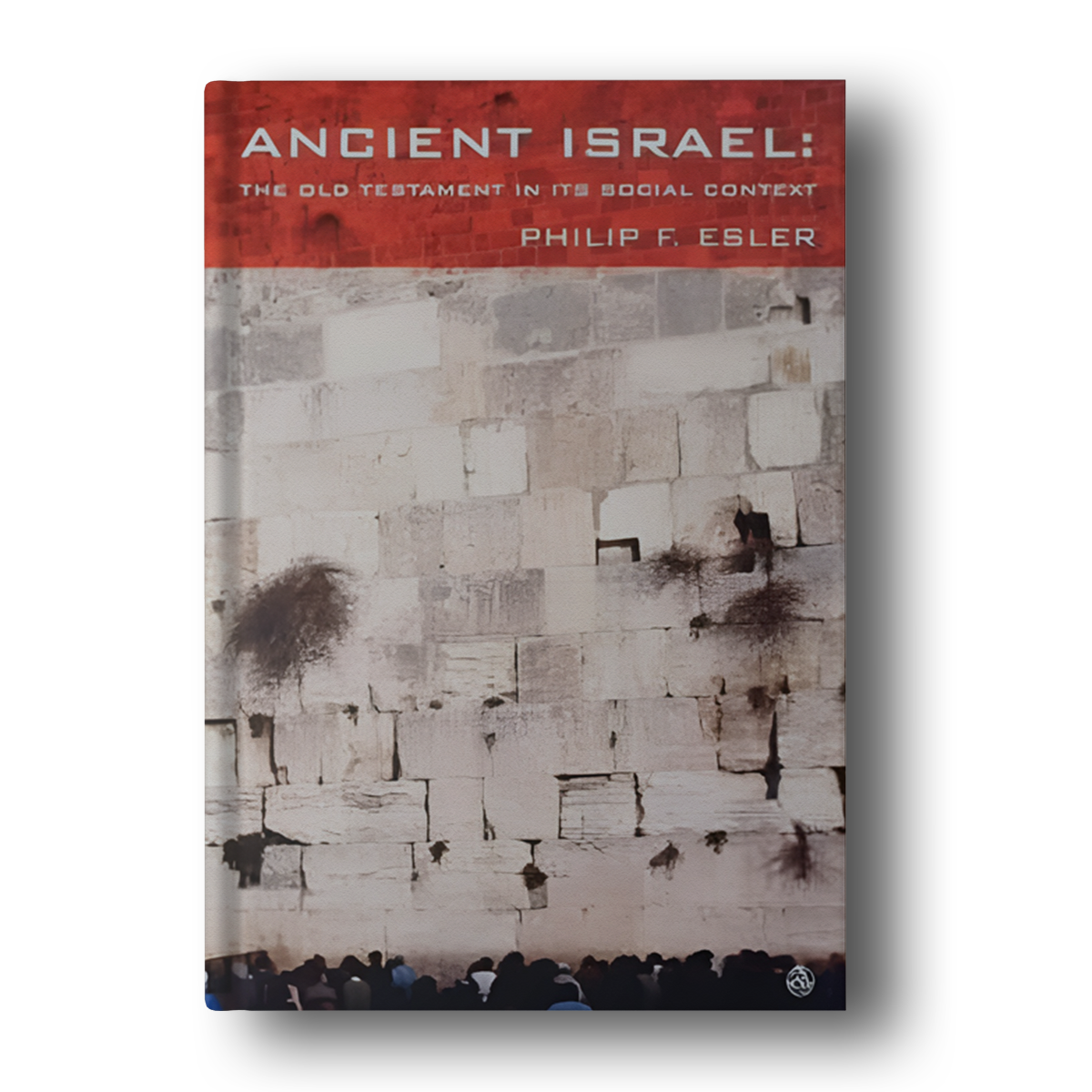


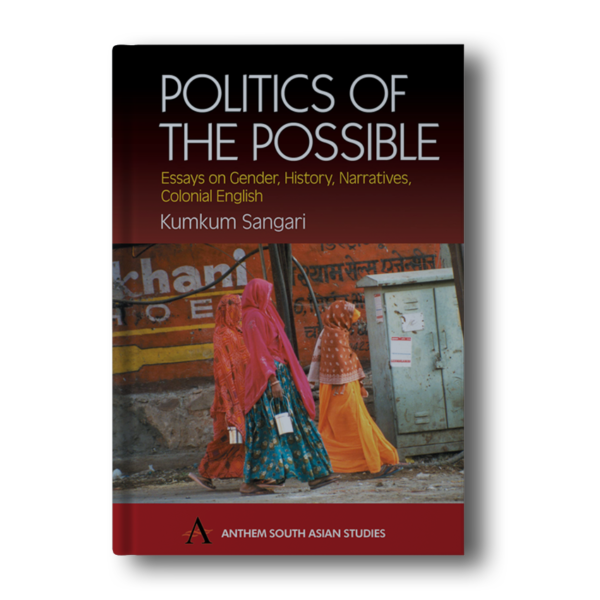



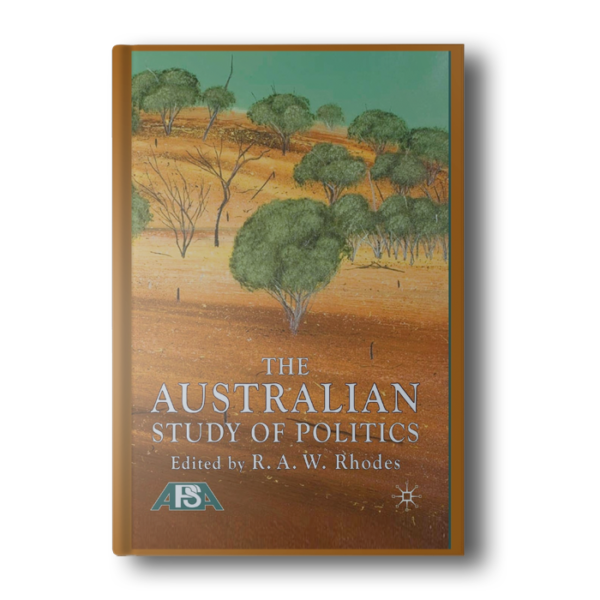
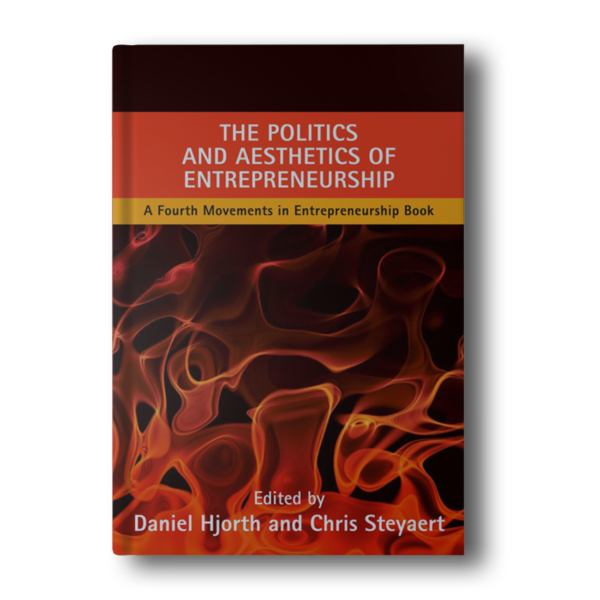
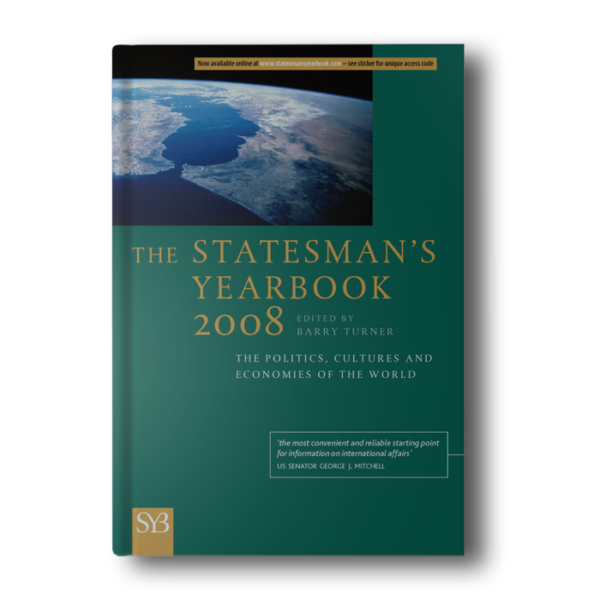

Reviews
There are no reviews yet.